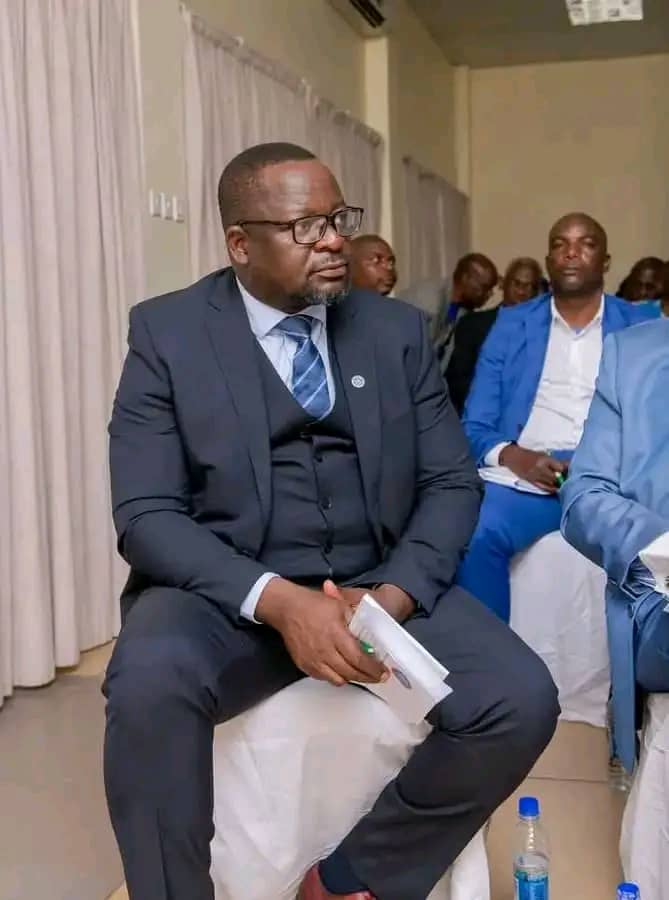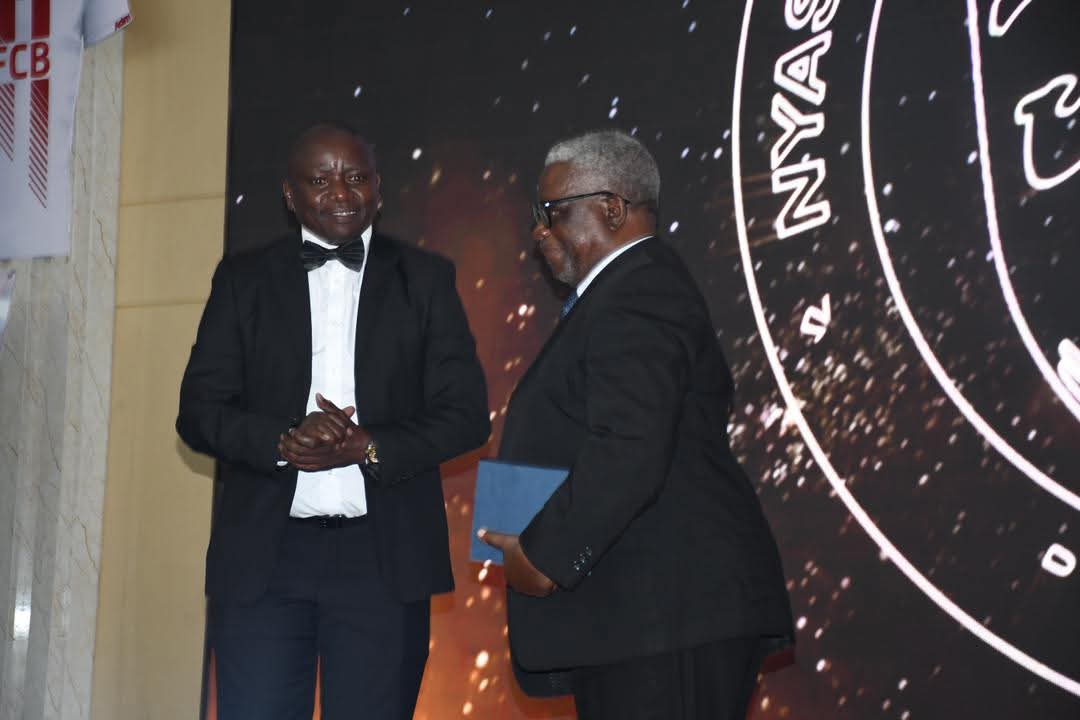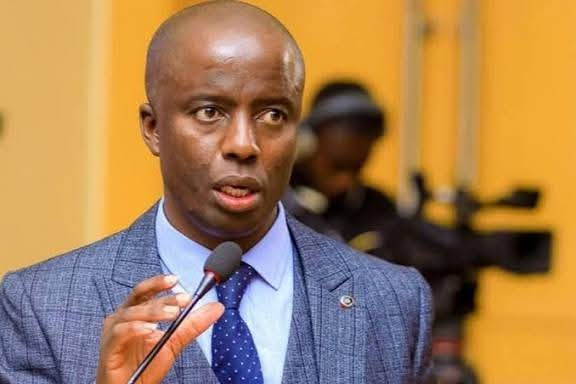By Burnett Munthali
The Democratic Progressive Party (DPP) has hit back at UTM president Dalitso Kabambe over his recent criticism of former president Peter Mutharika.
In a strongly worded statement, DPP spokesperson Shadreck Namalomba accused Kabambe of being ungrateful.
He reminded Malawians that Mutharika was the one who appointed Kabambe as Governor of the Reserve Bank of Malawi.
Namalomba said it was therefore surprising that Kabambe would now turn against the very leader who gave him one of the most prestigious roles in the country.

The DPP further accused Kabambe of distorting history to score political points.
Among the issues raised were Kabambe’s claims about the expulsion of the British High Commissioner, the academic freedom standoff, and the judiciary strike.
The party said these events were being misrepresented and unfairly linked to Mutharika’s leadership.
Kabambe, however, has stood firmly by his remarks.
He argued that Malawians should not vote for Mutharika again because he failed to manage the country during his presidency.
Kabambe made these remarks during his political rallies in Mulanje and Thyolo, where he addressed enthusiastic crowds.
“This is campaign time and we are free to express issues the way we see them,” Kabambe said, stressing his democratic right to critique.
He added that he has not spared the current President Lazarus Chakwera either, saying he has also been a vocal critic of the government’s failures.
The war of words highlights the growing tension between the DPP and UTM, both of whom are jostling for political dominance ahead of next year’s election.
Concluding Analysis
The clash between Dalitso Kabambe and the DPP reflects the high-stakes political battles unfolding in Malawi as the election season intensifies.
While Kabambe is positioning himself as a reformist alternative, his critics argue that his political rise is built on the very foundation laid by Peter Mutharika.
The DPP, on the other hand, is determined to protect Mutharika’s legacy and remind voters of Kabambe’s past loyalties.
Ultimately, this exchange underscores the fragility of alliances and the deep divisions within Malawi’s opposition camp—a factor that could shape the outcome of the upcoming polls.



